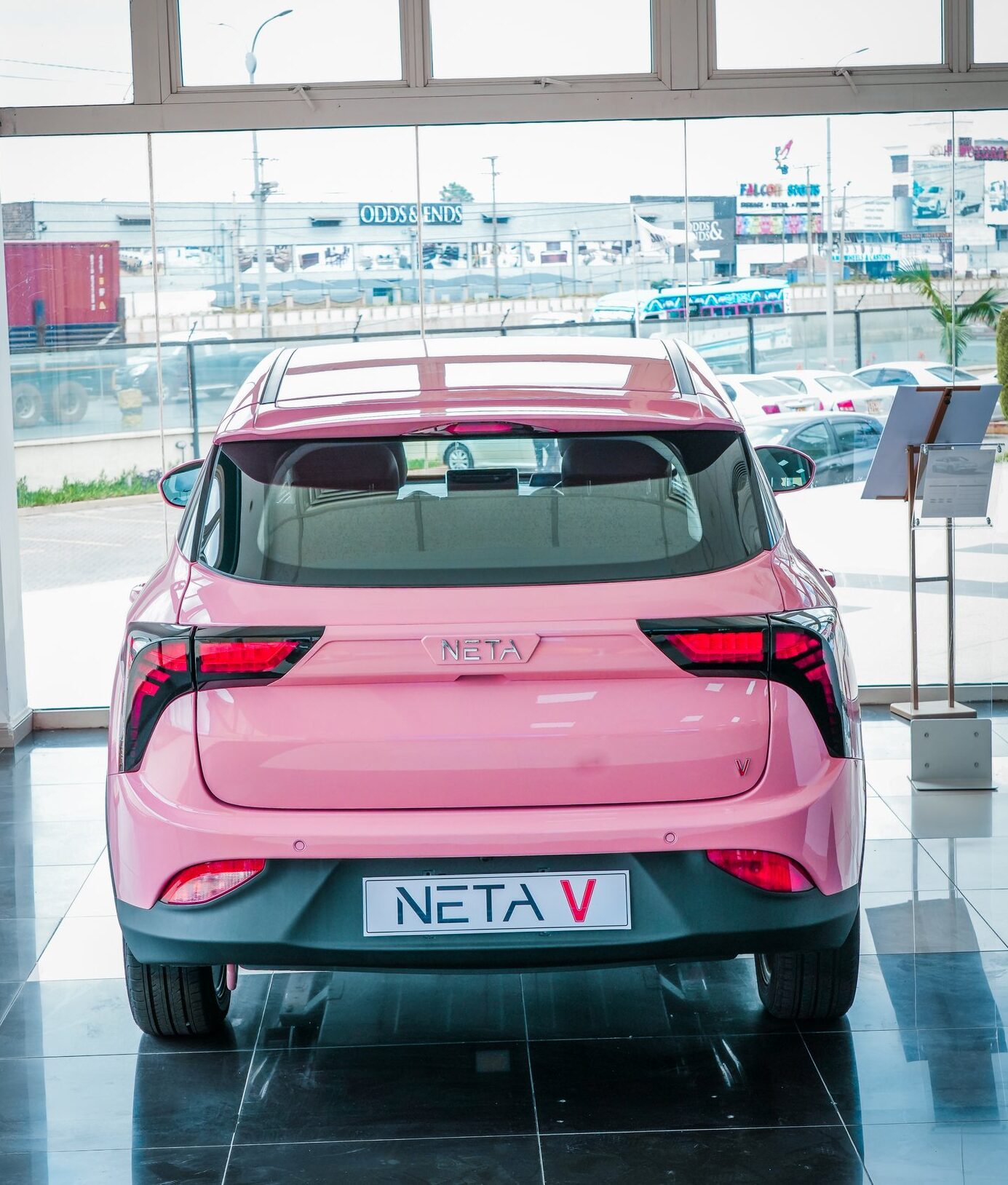Sign up for daily news updates from CleanTechnica on email. Or follow us on Google News!
There are discussions ongoing between Chinese government officials and European Union (EU) officials and admin regarding tariffs on battery-electric cars produced in China. However, in the meantime, the tariffs went into effect today.
In the announcement, the European Commission started off with the following: “Today, nine months after the initiation of an ex officio anti-subsidy investigation, the European Commission has imposed provisional countervailing duties on imports of battery electric vehicles (BEVs) from China. Based on the investigation, the Commission has concluded that the BEV value chain in China benefits from unfair subsidisation, which is causing a threat of economic injury to EU BEV producers. The investigation has also examined the likely consequences and impact of these measures on importers, users and consumers of BEVs in the EU.”
There are specific tariffs for three automakers and then a broadly used tariff for any other Chinese automakers.
The individual duties applying to the three sampled Chinese producers are:
- BYD: 17.4%;
- Geely: 19.9%;
- SAIC: 37.6%.
Other BEV producers in China, which cooperated in the investigation but were not sampled, are subject to the 20.8% weighted average duty. The duty for other non-cooperating companies is 37.6%.
If you have eagle eyes or a great memory, you may have noticed these figures are a little bit lower than the preliminary ones that were announced a few weeks ago. “Compared to the rates pre-disclosed on 12 June 2024, provisional duties were adjusted slightly downwards based on comments on the accuracy of the calculations submitted by interested parties.”
You can also now read all the details of the investigation in the Official Journal of the European Union.
Ironically, as Jose Pontes mentioned in a conversation with me this week for our YouTube channel, while these automakers face tariffs on their BEVs, they face no such tariffs on their gas-powered vehicles, making their gas-powered vehicles more competitive than they’d otherwise be. …
These new tariffs are applicable for no more than 4 months. Within those 4 months, a final decision must be made on the longer-term tariffs. Once those go into effect, they are supposed to be in effect for 5 years. EU Member States must vote on the “definitive duties.”
More background on the matter can also be found here (in the European Commission press release), if you don’t want to dive all the way into the full report but want to get caught up on the investigation.
Of course, we’ve been writing about these a ton. Here are some recent articles related to the topic:
Have a tip for CleanTechnica? Want to advertise? Want to suggest a guest for our CleanTech Talk podcast? Contact us here.
Latest CleanTechnica.TV Videos
CleanTechnica uses affiliate links. See our policy here.
CleanTechnica’s Comment Policy





